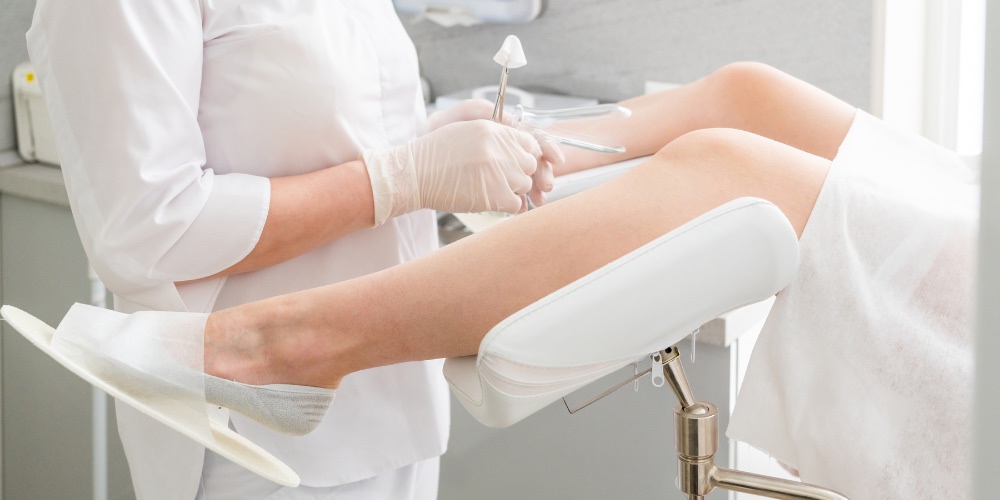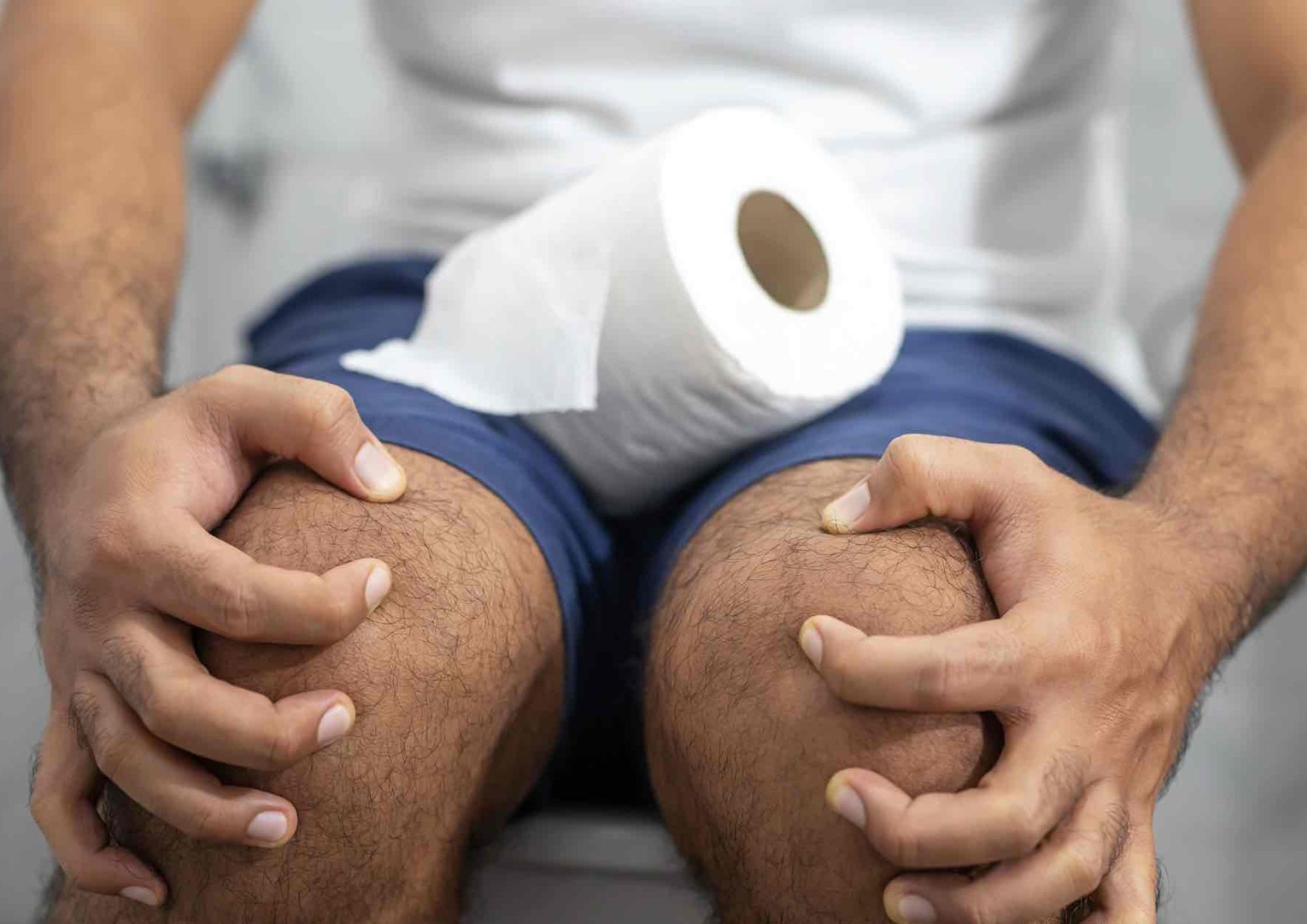Want Your Vagina to Flourish? Talk To It!

A leading gynaecologist says women should have regular conversations with their vagina – treating it like a plant.
Just like a succulent or foliage requiring plenty of light, water, and conversation, consultant gynaecologist Mr Sachin Maiti from Pall Mall Medical, says ‘lady gardens’ need the same degree of attentiveness to flourish.
“If you talk to your vagina, and tell it what you want out of it, then it goes into your subconscious mind to what is known as reticular activating system (RAS), which in essence tells your brain what you want,” explained Mr Maiti.
The RAS is a complex network of neurons located in the brainstem and it plays a crucial role in regulating wakefulness, arousal, and attention in the brain.
“It acts as a gatekeeper for sensory information, filtering, and prioritising stimuli to help the brain focus on what is most important at any given time,” said Mr Maiti.
“So, if the head is in a good place, to a certain extent we can manifest a healthier physical outlook. Words of positivity and encouragement can put everything into a better place.
“As humans we manifest, and we need to have positive things in our mind. If your mind can’t see it, it can’t have it, and it’s the same with the vagina.
“If you can manifest positive declarations to yourself, you can do the same thing with the vagina.”
Other ways to keep vaginas thriving, include general self-care of the body and mind, the top medic advised.
Following a healthy lifestyle and adopting the right hygiene practises can maintain a happy and healthier area.
“Wash the external genital area (vulva) with mild, unscented soap and warm water,” explained Mr Maiti.
“Avoid douching, as it can disrupt the natural balance of bacteria in the vagina.
“Drinking plenty of water helps keep vaginal tissues well-hydrated, reducing the risk of dryness and irritation,” he added.
“A balanced diet rich in fruits, vegetables, and whole grains can support overall health, including vaginal health.”
Safe sex practises will also ensure that no infections are picked up.
“Use barrier methods, such as condoms, to protect against sexually transmitted infections (STIs). As untreated STIs can lead to vaginal infections and discomfort,” he said.
“It’s important to schedule regular check-ups with a healthcare provider for smears, screenings, and to address any concerns or questions about your vaginal health.”

Mr Maiti says extended periods of sitting down can also be bad for the V.
“Prolonged sitting can lead to increased heat and moisture in the genital area, creating an environment that's conducive to yeast and bacterial overgrowth, he said.
“Take breaks to stand, walk, or stretch, especially if you have a desk job. This can help maintain better airflow and reduce the risk of moisture-related issues.”
Opting for cotton underwear, as it is breathable and helps take moisture away from the body, is better than wearing manmade fibres too.
“Avoid tight-fitting, synthetic underwear, as they can trap moisture and heat, increasing the risk of infections,” added Mr Maiti.
“Wear loose-fitting clothing, especially during hot weather, to allow for better ventilation. Avoid wearing tight jeans or leggings for extended periods.
“Always wipe from front to back after using the toilet to prevent bacteria from the anal area spreading to the vagina, reducing the risk of urinary tract infections.”
And avoid stress, as a stressed mind can also cause issues down below, added Mr Maiti.
“High stress levels can affect hormonal balance and weaken the immune system, potentially leading to vaginal issues,” he said.
“Practicing stress-reduction techniques like mindfulness, yoga, or meditation can help the vagina as it relates to a calmer mind.”







